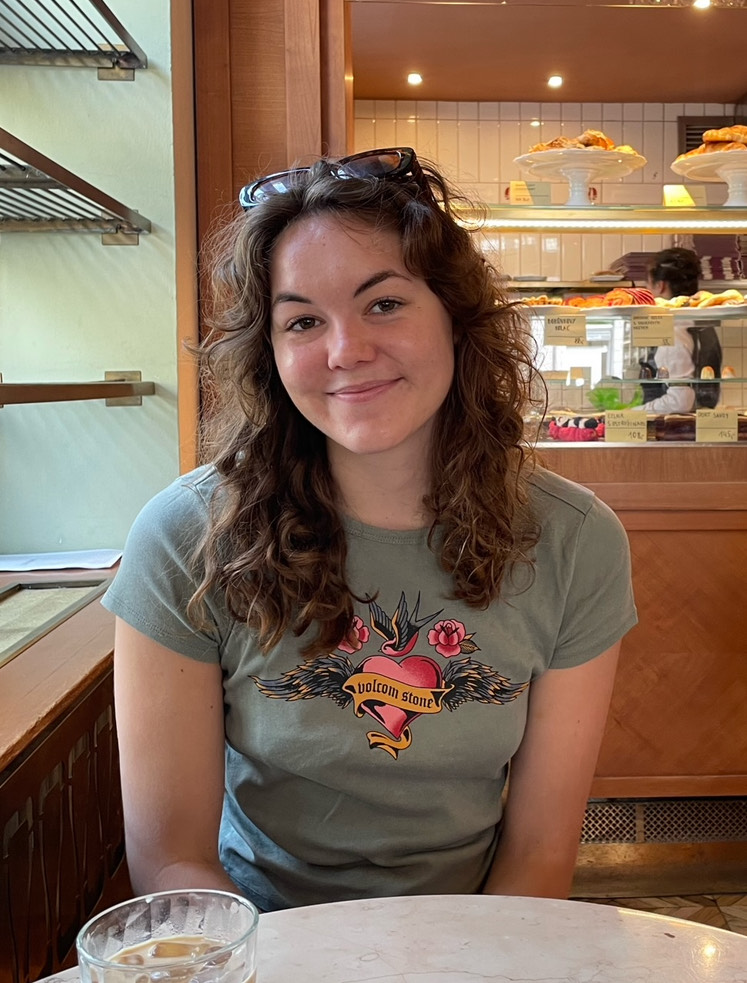Riley Harrison is a rising fourth-year majoring in Theatre and Creative Writing on the poetry track. She plans to write a series of poems connected to the Chicago landscape.
Tell me about your SURG topic.
Harrison: It’s kind of building off of my project from last year, but it’s a slight diversion from it. Basically, I’m studying poetic sense of place and how the urban landscape can inform poetic identity. Last year my SURG was based around Cape Cod. I was really interested in how a specific geographic location has been so poetically inspiring for so many people, [and] comparing the works of Mary Oliver, Mark Doughty, Stanley Kunitz, and seeing how the same landscape can act as this unifying conduit for so many different poetic voices. So this is turning that project on its head a little bit and also expanding upon it. Instead of focusing on the natural landscape, I wanted to focus on the urban landscape and look at Chicago, which similarly houses so many different poets. With that, looking more specifically at how the urban architecture itself, the buildings and the transportation systems, roads, all of these physical structures can act similarly as a conduit for different poetic voices. I’ll be reading a bunch of different works of poets and poetry about Chicago, and then I’ll be interacting with the landscape and the architecture myself this summer and writing in response to both of those things.
What drew you to this topic?
Harrison: I still had a lot of interest in my project from last year in this question of location. In the poetry sequence, a lot of my research tends to be around specific locations. I think that there’s something really interesting about the landscape poet, which is just the idea of the observer and how the interaction between the landscape and the observer can create this poem or this work of art and what comes out of that. Once my first idea – [which was] more about dreams because that’s also something that interests me – fell through, I was still thinking about sense of place. There’s a lot of things in Chicago that really interest me and I was like, maybe I can tie this all together and find a new way to approach this angle.
How do you think doing this research will impact you in the long term?
Harrison: I hope that writing will be a part of my future, especially creative writing and writing poetry. It’s been a great experience to be able to have the facilities to have this research question and this project and be able to work on it independently. Last summer I was in Cape Cod for a month to actually be with the environment and write it. It was like, wow, I was just going to the beach and writing poetry. It was really nice and luxurious to have the time and resources to really be able to focus on your writing, especially around a specific research question. It’s been helpful to build up my writing skills and my ability to follow a certain topic. My SURG last year was the first time that I created a cohesive collection of poetry that wasn’t just a bunch of random poems. There was a throughline. So I think this will be more great practice for that. It will be interesting at the end of it to see if and how the two SURGs can be in dialogue with each other, if there’s a way to combine them or if they’ll end up being separate entities.
Meet the other SURG Recipients!
